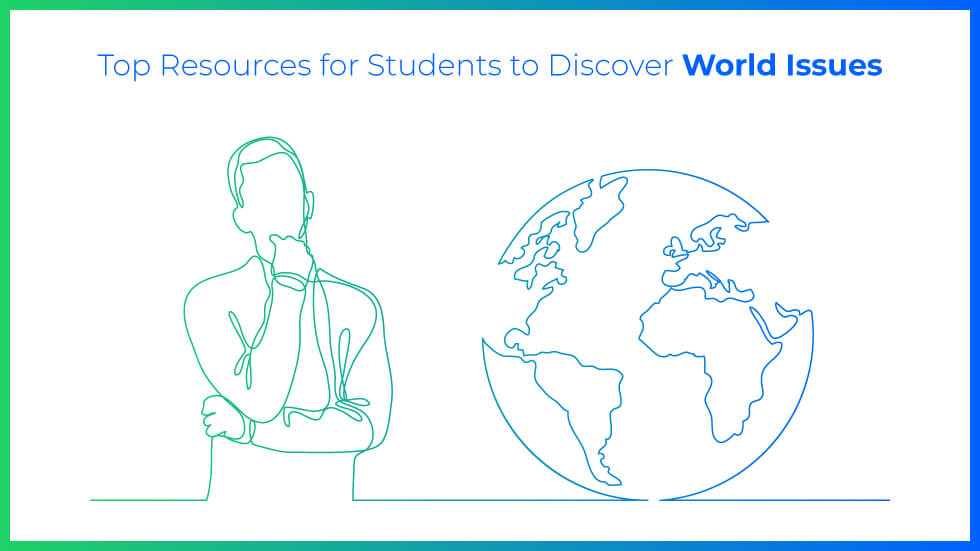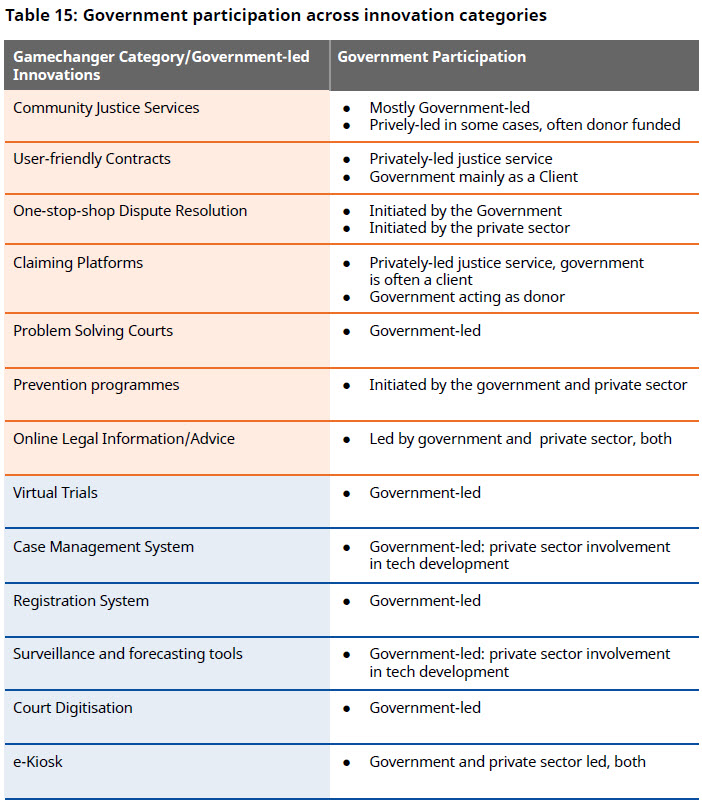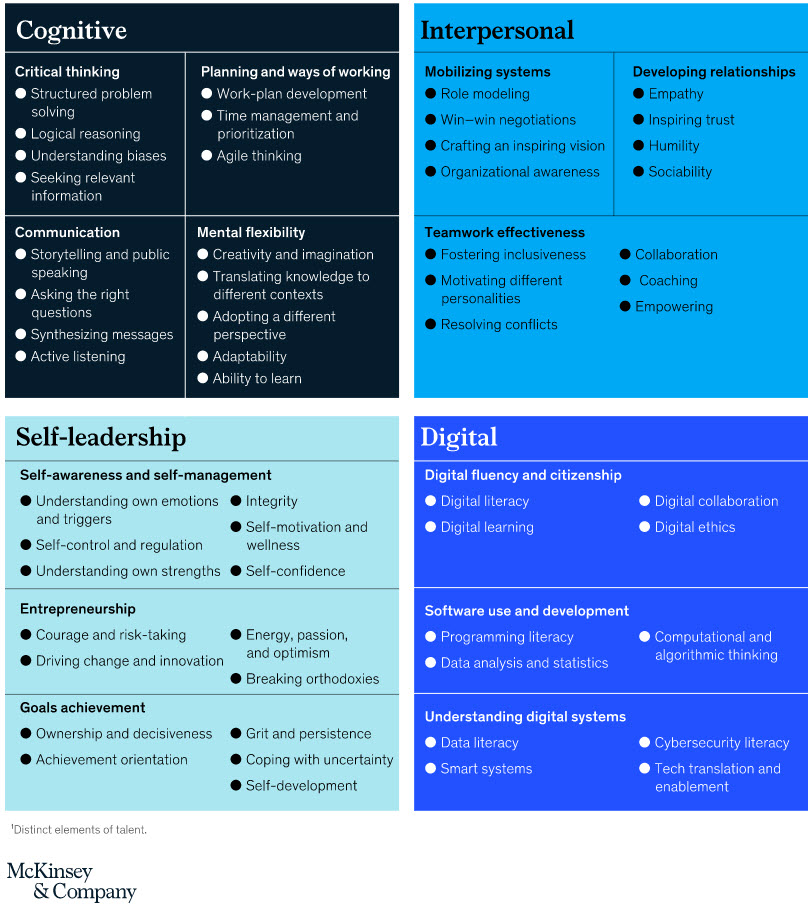As bomb threats keep targeting HBCUs, 64 higher ed groups tell Congress to act — from highereddive.com by Laura Spitalniak
Excerpt (emphasis DSC):
More than a dozen HBCUs have been forced to clear campuses and cancel in-person classes following bomb threats this year. Fisk University, in Tennessee, issued a shelter-in-place order Monday after receiving a series of threats. The same day, Howard University, in Washington, D.C., received a bomb threat for the fourth time since the beginning of January and told students and employees to stay indoors.
All-clear notices have since been issued for both Fisk U and Howard U.
‘You’re Not Safe as a Black Person’: New Round of Bomb Threats Rattles HBCUs — from chronicle.com by Oyin Adedoyin
Excerpt:
The recent string of bomb threats across a handful of historically Black colleges and universities has sparked fear within higher education’s Black community. “This is probably one of the clearest examples of hate crimes based on race,” said Paulette Granberry Russell, the president of the National Association of Diversity Officers in Higher Education.
From DSC:
Some of the institutions I saw mentioned were:
- Bowie State University, Howard University, Albany State University, Bethune-Cookman University, Southern University and A&M College, and Delaware State University
Can you imagine if this happened at Harvard, Yale, Northwestern, Stanford, and/or similar institutions? You and I both know that if students there kept having to put up with bomb threats and having their in-person classes canceled, there would be hell to pay! There would be a lot more heat in the kitchen. A lot more noise. A lot more overall societal concern.
For me, the bottom line is that this situation is horribly wrong. It’s downright evil. I hope it gets resolved soon, though I have to say that I’m not as hopeful as I’d like to be in this 21st century of ours here in the United States…where I continue to be amazed at our lack of unity, respect, compassion, and caring for other people. The amount of racism and hate crimes in our country is just horribly wrong.
On somewhat related notes, see:
Where HBCU grads are thriving — from linkedin.com by McKenna Moore
Excerpt:
Promotion rates for graduates of historically Black colleges and universities (HBCUs) rose 4.94% in 2021 from the previous year, according to insights from LinkedIn’s data on over 600,000 HBCU alumni. The industries that outperform others in promoting HBCU grads include energy and mining, software and IT services, hardware and networking, finance and manufacturing. And the specific job functions that lead to the best chance of promotion for these alumni are program and project management, marketing, human resources, business development and accounting.
Black talent on the fast track: these 10 paths stand out for HBCU graduates — from linkedin.com by George Anders
Excerpt:
All told, more than 600,000 graduates of HBCUs such as Spelman have profiles on LinkedIn. That makes it possible for LinkedIn’s Economic Graph team to analyze the career paths that these alumni have chosen – and to extract insights about promotion rates by job types, gender and in comparison to non-HBCU graduates.
The overall picture that emerges from this data includes a wide list of career paths where HBCU alumni are thriving, as well as signs that overall gaps between HBCU graduates’ promotion rates and non-HBCU trends haven’t yet closed.
Giving to Community Colleges and HBCUs Soared Last Year — from philanthropy.com by Dan Parks
Addendum on 2/19/22:
- Morgan State, Southern Poverty Law Center leaders testify on bomb threats against HBCUs — from highereddive.com by Laura Spitalniak














